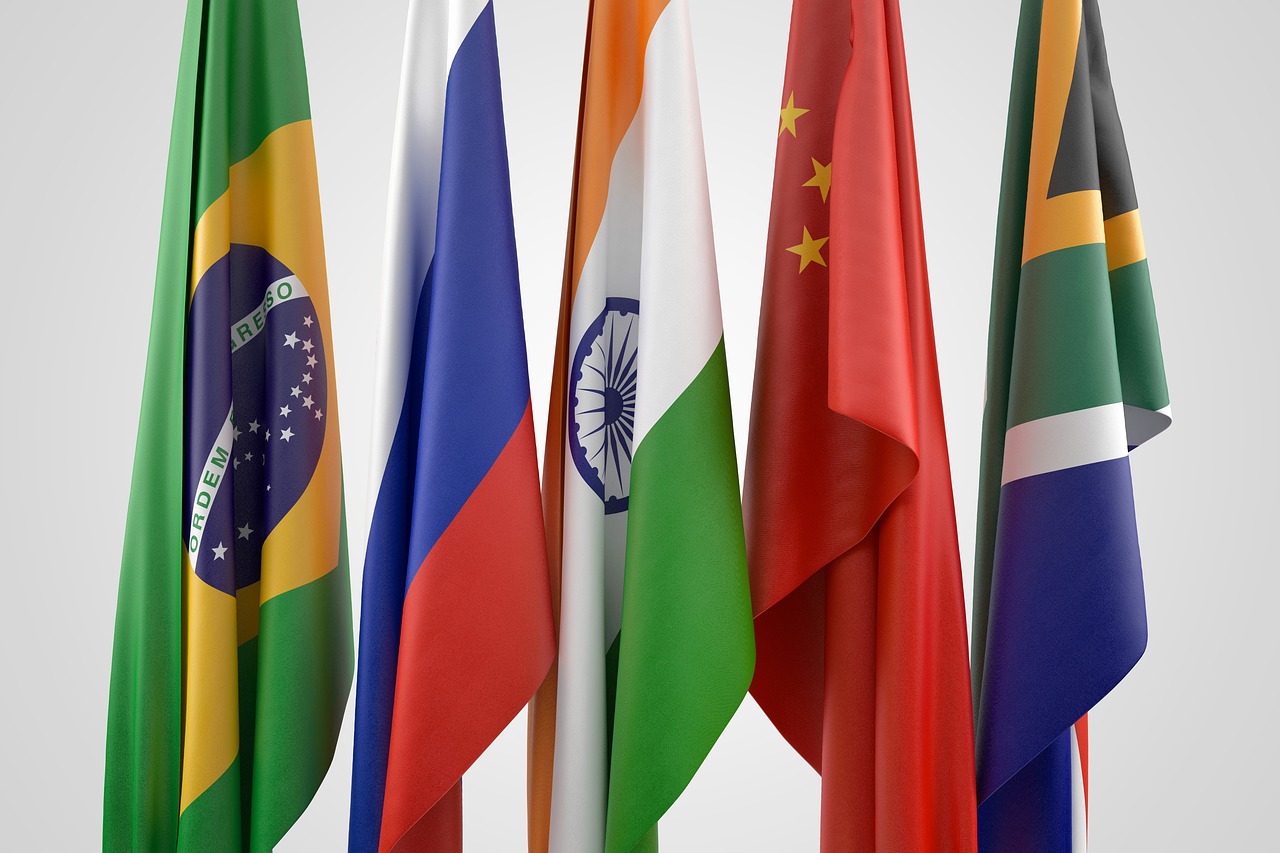59 Countries Are Willing to Join BRICS in 2024
12.06.2024 9:14 2 min. read Alexander Stefanov
The BRICS Summit will be held in Kazan, Russia in October 2024. It will be the 16th such meeting and will include four new member states: the United Arab Emirates, Egypt, Iran and Ethiopia.
During the event, the nine-member alliance will chart its future course and commit to strengthening its partnerships.
The use of local currencies for transactions between the member states of the organization to reduce the dominance of the dollar is one of the BRICS plans. Some other developing countries are interested in joining it by 2024.
Anton Kobyakov, Assistant to the President of the Russian Federation, statements at a recent media briefing that 59 countries want to become part of BRICS, the Shanghai Cooperation Organization (SCO) or the Eurasian Economic Union (EAEU) next year.
He emphasized his commitment to the idea of multipolarity and the need for the union to get rid of its dependence on the dollar.
The official also noted the growing role of organizations such as BRICS and the SCO, predicting their establishment as major economic entities in the conditions of the changing world order.
“Now most people are on our side“, he added, underscoring the broad support for these unions.
That is why the upcoming meeting is becoming an important moment when BRICS with an expanded composition can consolidate in the global economy. With interest from many countries, this means that the traditionally established financial system will continue to be challenged, and local currencies will become increasingly important against the US dollar.
-
1
U.S. Recession May Already Be Locked In, Economist Warns
23.06.2025 12:00 1 min. read -
2
Tom Lee Warns Fed Could Trigger Market Turmoil With Delayed Pivot
22.06.2025 19:00 3 min. read -
3
Trump Targets Fed Over Missed Rate Cut Opportunity
20.06.2025 9:00 1 min. read -
4
Fed’s New Projections Hint at a Slower Easing Cycle Through 2026
19.06.2025 15:00 2 min. read -
5
UK Inflation Stalls at 3.4%, Spotlight Shifts to BoE’s August Meeting
19.06.2025 9:00 2 min. read
Robert Kiyosaki Predicts When The Price of Silver Will Explode
Robert Kiyosaki, author of Rich Dad Poor Dad, has issued a bold prediction on silver, calling it the “best asymmetric buy” currently available.
U.S. PCE Inflation Rises for First Time Since February, Fed Rate Cut Likely Delayed
Fresh data on Personal Consumption Expenditures (PCE) — the Federal Reserve’s preferred inflation gauge — shows inflation ticked higher in May, potentially delaying the long-awaited Fed rate cut into September or later.
Trump Targets Powell as Fed Holds Rates: Who Could Replace Him?
Federal Reserve Chair Jerome Powell is once again under fire, this time facing renewed criticism from Donald Trump over the Fed’s decision to hold interest rates steady in June.
U.S. National Debt Surge Could Trigger a Major Crisis, Says Ray Dalio
Billionaire investor Ray Dalio has sounded the alarm over America’s soaring national debt, warning of a looming economic crisis if no action is taken.
-
1
U.S. Recession May Already Be Locked In, Economist Warns
23.06.2025 12:00 1 min. read -
2
Tom Lee Warns Fed Could Trigger Market Turmoil With Delayed Pivot
22.06.2025 19:00 3 min. read -
3
Trump Targets Fed Over Missed Rate Cut Opportunity
20.06.2025 9:00 1 min. read -
4
Fed’s New Projections Hint at a Slower Easing Cycle Through 2026
19.06.2025 15:00 2 min. read -
5
UK Inflation Stalls at 3.4%, Spotlight Shifts to BoE’s August Meeting
19.06.2025 9:00 2 min. read

